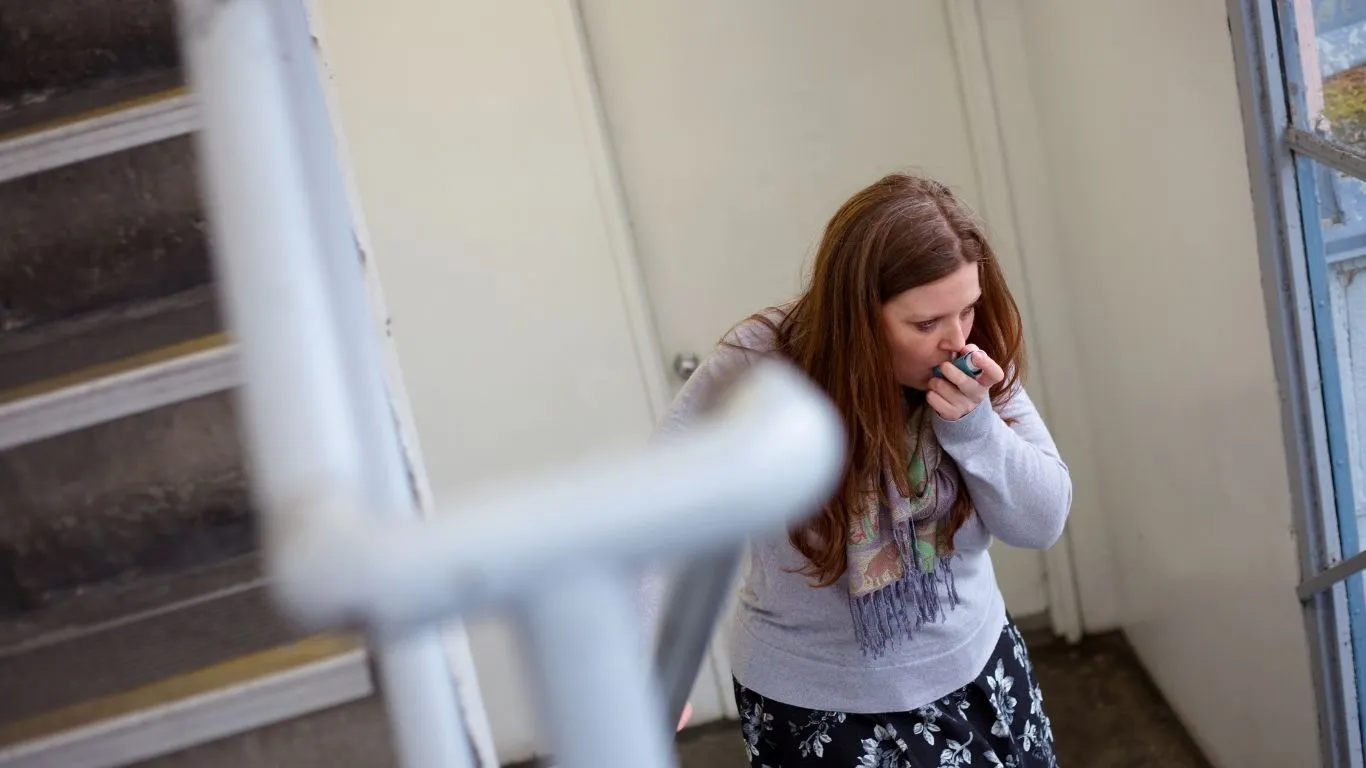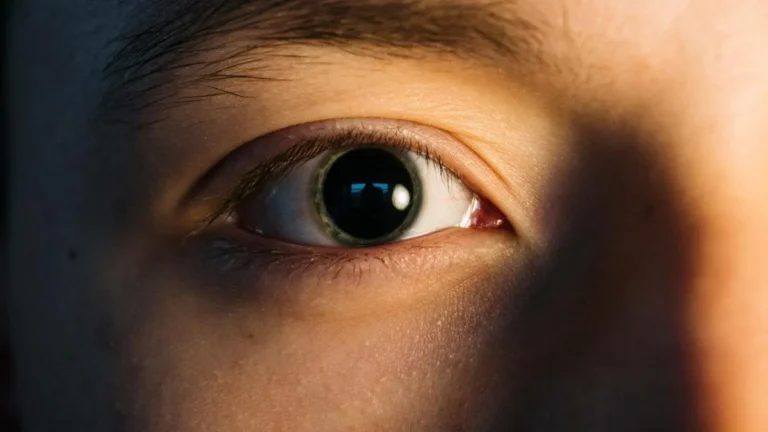How Caffeine Affects Asthma – Everything You Need to Know
Does your morning cup of coffee help with asthma symptoms—or make them worse? Let’s dive into how caffeine affects asthma and what you need to know to breathe easier.
What is Caffeine, and How Does It Work?
Caffeine is a natural stimulant found in coffee, tea, energy drinks, and even chocolate. It belongs to a class of compounds called methylxanthines. In the body, caffeine stimulates the central nervous system, increases alertness, and can temporarily boost physical performance.  But when it comes to asthma, caffeine’s role is more complex. It has a chemical structure similar to a common asthma medication called theophylline, which is used to relax the airways and improve breathing. Because of this similarity, caffeine can have mild bronchodilator effects, meaning it might help open up your airways—at least temporarily.
But when it comes to asthma, caffeine’s role is more complex. It has a chemical structure similar to a common asthma medication called theophylline, which is used to relax the airways and improve breathing. Because of this similarity, caffeine can have mild bronchodilator effects, meaning it might help open up your airways—at least temporarily.
The Good: Potential Benefits of Caffeine for Asthma
Let’s start with the good stuff—how caffeine can actually be helpful for asthma.
1. Mild Bronchodilation
Caffeine can relax the muscles in your airways, making it easier to breathe. Studies have shown that even a moderate amount of caffeine can improve lung function for up to four hours after consumption. So, that latte might not just wake you up—it might also help you breathe a little better.
2. Reduces Inflammation
Caffeine has anti-inflammatory properties, which might help reduce airway inflammation—a key issue in asthma. While it’s not a replacement for prescribed medications, it could offer some mild, short-term relief.
3. A Helpful Pick-Me-Up
Asthma attacks or chronic symptoms can leave you feeling drained. Caffeine’s energy-boosting effects can help counteract fatigue and make it easier to manage your day, especially if asthma has been wearing you down.
The Not-So-Good: Risks and Downsides of Caffeine for Asthma
It’s not all sunshine and cappuccinos. There are some potential downsides to using caffeine when you’ve got asthma. 
1. Short-Term Relief Only
The bronchodilator effects of caffeine are temporary and not as powerful as prescription medications like albuterol. Relying on caffeine instead of proper treatment can lead to poorly managed asthma, which isn’t a risk worth taking.
2. Overconsumption Risks
Too much caffeine can cause jitters, increased heart rate, and even anxiety—all of which can make you feel like you’re struggling to breathe more than you actually are. It’s like turning up the volume on your body’s stress response, and nobody needs that, especially with asthma.
3. Caffeine Sensitivity
Some people are more sensitive to caffeine, and their reaction might include stomach upset, insomnia, or a racing heart. If you’re one of those people, caffeine might do more harm than good.
When Should You Avoid Caffeine if You Have Asthma?
There are times when caffeine might not be the best choice for people with asthma. For example:
- Before Bedtime: Caffeine can disrupt sleep, and poor sleep can worsen asthma symptoms.
- With Anxiety: If you’re prone to anxiety, caffeine might amplify those feelings and make it harder to manage your breathing.
- During a Severe Attack: Don’t reach for coffee if you’re having a serious asthma attack—it’s no substitute for emergency treatment.

Conclusion
Caffeine can have some benefits for asthma, like improved breathing and reduced inflammation, but it’s not a cure-all. While that morning coffee might give you a slight breathing boost, it’s no replacement for your regular asthma medications. As always, moderation is key—and if you’re not sure how caffeine fits into your asthma management plan, check in with your doctor.
Appendices
References
For further information on caffeine and asthma, check these resources:
- Jaffe, M., & Smith, A. (2023). Caffeine and Respiratory Health. Read More
- National Institutes of Health (NIH). (2023). The Role of Caffeine in Asthma Management. Read Article
FAQs
Here are some frequently asked questions about caffeine and asthma:
- Can caffeine replace my asthma medication? No, caffeine should not replace prescribed asthma medications. It may offer mild relief, but medications like inhalers are essential for proper asthma management.
- How much caffeine is safe for people with asthma? Moderate amounts of caffeine, such as one or two cups of coffee per day, are generally safe for most people with asthma. However, individual tolerance may vary.
- Can caffeine trigger asthma symptoms? In some people, caffeine can increase anxiety or cause other symptoms that might make asthma feel worse. It’s essential to monitor how your body responds.
- Should I avoid caffeine if I have asthma? You don’t have to avoid caffeine altogether, but it’s essential to consume it in moderation and avoid excessive intake.
- Can caffeine help during an asthma attack? Caffeine might offer temporary relief by relaxing the airways, but it’s not a substitute for emergency treatment during a severe asthma attack.
Disclaimer: The information provided in this article is for educational purposes only and does not substitute for professional medical advice. Always consult with your healthcare provider regarding asthma management and any changes to your treatment plan.

Bianca Nala is a compassionate Nurse Practitioner with a strong background in primary and respiratory care. As a health writer for Healthusias.com, she combines her clinical expertise with a talent for clear, relatable storytelling to help readers better understand their health. Bianca focuses on topics like asthma, COPD, chronic cough, and overall lung health, aiming to simplify complex medical topics without losing accuracy. Whether she’s treating patients or writing articles, Bianca is driven by a single goal: making quality healthcare knowledge accessible to everyone.







